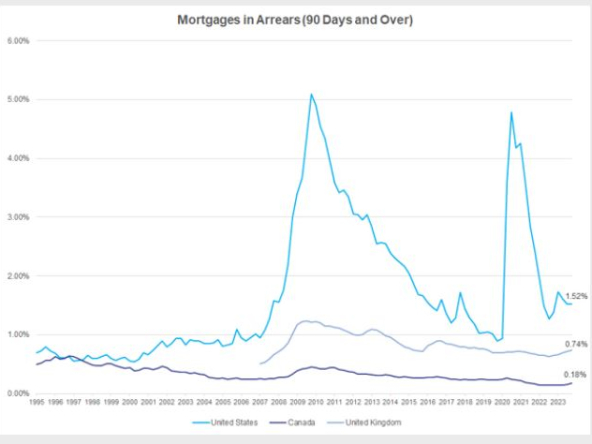The Greater Toronto Area (GTA) has experienced soaring rents in the first quarter of this year. Rentals.ca data shows that average asking rents in Canada have increased by $196 over the past year, with Toronto being the second hardest-hit city after Calgary. The average rent for all rental units in Toronto has seen a significant annual growth of 22.4%, reaching an average of $2,818.
Moreover, Urbanation’s recent research reveals that the average rent for purpose-built rentals in Toronto has reached a record high of $3,002. This represents a 13.8% increase in Q1-2023 compared to the same quarter in 2022. In the GTA’s condominium market, the average rent has grown by 13.6% year-over-year, reaching $2,741 in the first quarter. Studios and one-bedroom condo units without dens experienced rent increases of 17.8% and 17.1%, respectively. The average rates for studios and one-bedrooms were $2,124 and $2,484, while two-bedrooms averaged $3,125.
The escalating rents have resulted in significant profits for landlords while causing hardship for tenants. Many landlords are benefiting from record-high rents, driven by landlord-favored government policies that keep supply low, rents high, and home values appreciating. However, the rising rents contribute to a housing crisis, leading to increased homelessness and creating challenges for middle- and lower-income renters.
The lack of rental housing supply and the slow pace of construction exacerbate the problem. The demand for rentals in the GTA far exceeds the supply, with only around 5,000 new rental units being built annually while there is a demand for over 30,000 units per year. The mismatch between supply and demand places upward pressure on rents and downward pressure on vacancies.
Tenants also face issues such as deteriorating living conditions, landlord harassment, and eviction fraud. The Tenant and Landlord Board’s significant backlog further delays resolution of tenant-landlord disputes, causing frustration for both parties.
While there are no concrete predictions for the long-term future of the rental market, it is expected that GTA rents will continue to rise due to the insufficient supply of housing. Addressing the housing crisis will require creative solutions, including zoning reforms, building more laneway and garden suites, converting vacant office space into lofts, and streamlining the development approval process.
In conclusion, the current rental situation in Toronto is unsustainable, and meaningful changes are needed to alleviate the housing crisis and provide affordable housing options for all.




